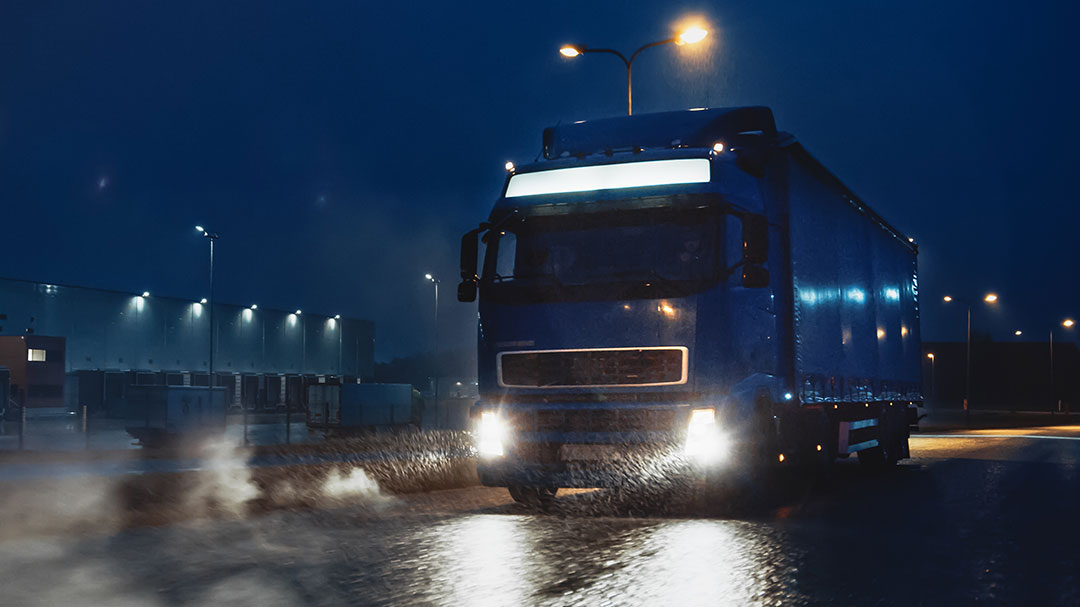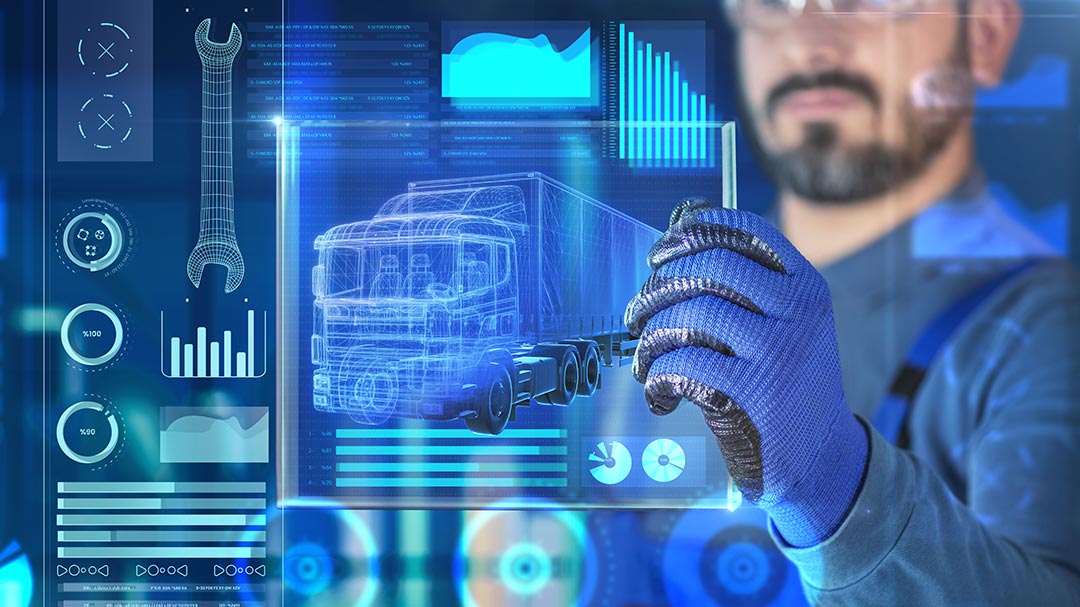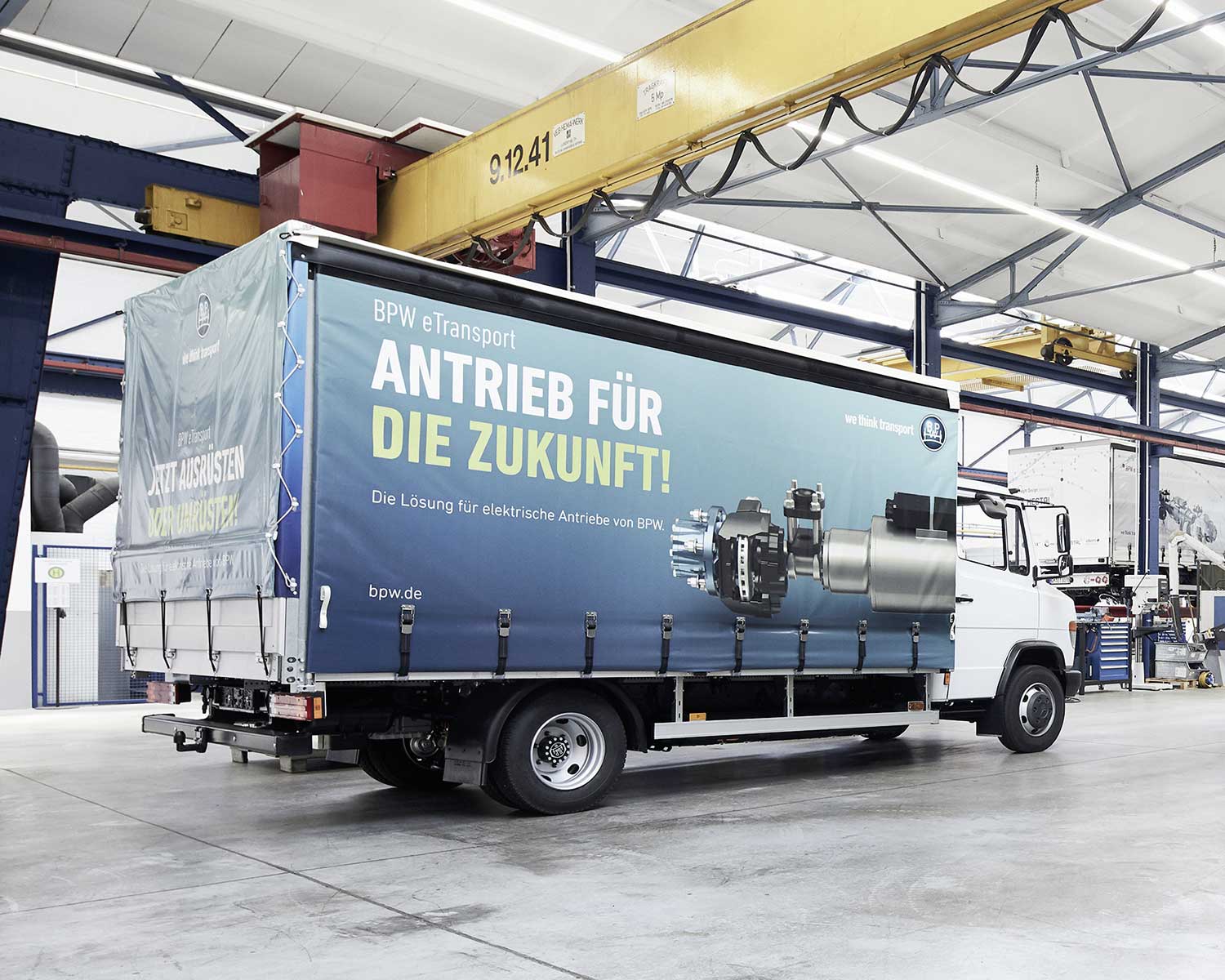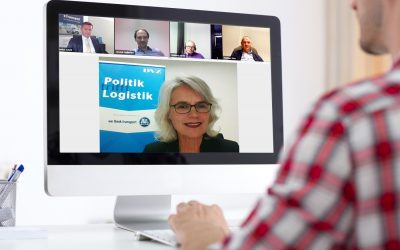Text: Oliver Schoenfeld
Photos: BPW, Shutterstock
The requirements for low-emission and quiet transport, particularly in inner-city logistics, are increasing. An efficient, autonomously driven trailer refrigeration solution from collaboration partners Thermo King and BPW is designed to sustainably improve the ecological balance. Field trials are currently underway and series production is scheduled to start in the fourth quarter of 2022.
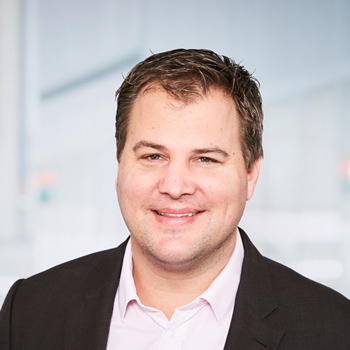
»This integrated complete solution is an important contribution to the breakthrough of zero-emission refrigerated transport.«
Thore Bakker, General Manager Trailer Solutions & Mobility Services BPW Bergische Achsen
An electrified future for refrigeration logistics
Reducing emissions, lowering costs
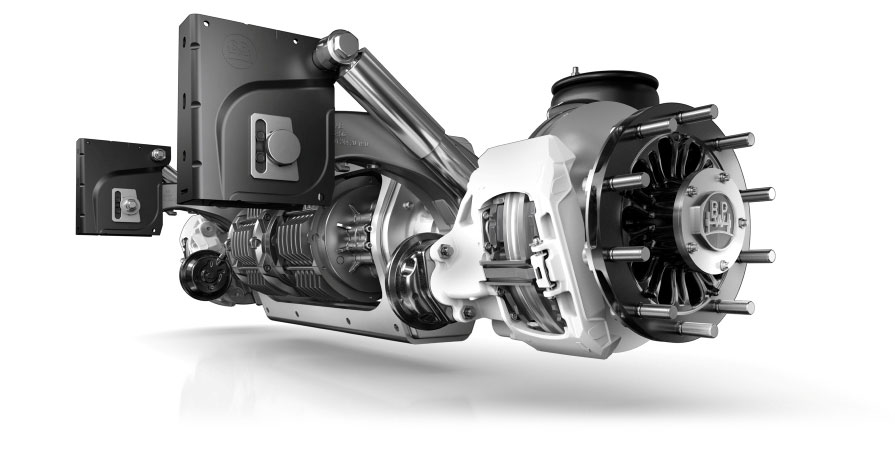
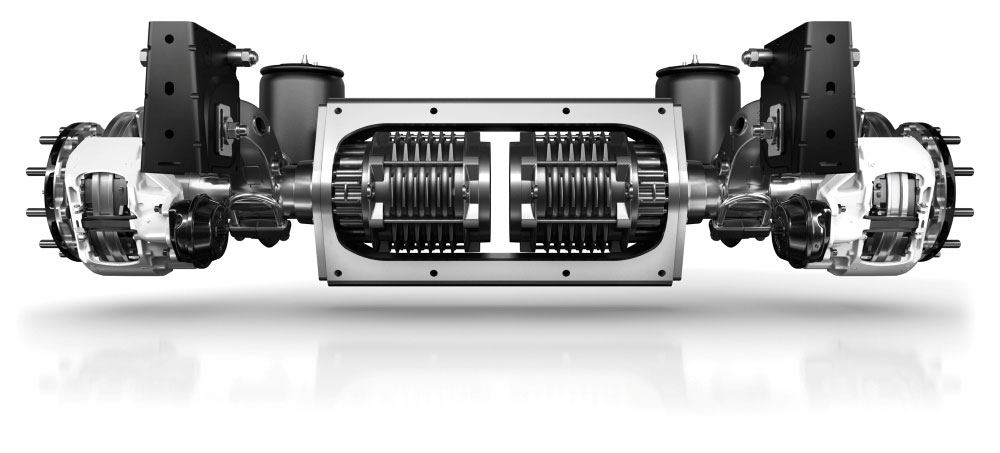
Testing in full swing
The development phase is almost complete and extensive field trials with selected customers are underway in spring 2022 – the customer experience tour so that potential users can experience technology. With stops in Germany, the BeNeLux countries, Scandinavia and Spain, the tour covers a wide range of climatic conditions. Series production is scheduled to begin in the fourth quarter of 2022. “The demand is already very high and shows how great the ambition in refrigeration logistics is to improve ecological efficiency”, explains Thore Bakker. Initially, a hybrid and an all-electric configuration will be available. The two available battery packages with capacities of 19 and 38 kilowatt hours cover a wide variety of application situations. Extensive simulations have shown an optimal cost-benefit ratio and an attractive return on investment for driving distances of up to 300 kilometres per shift. Due to the energy production during driving, however, even longer distances are possible with reliable refrigeration.
Seeking series approval
“The tailor-made cooling solutions fit seamlessly into the vehicle manufacturers’ processes. Be it air suspension, spring centres, wheel ends or interfaces – nothing changes, nothing has to be redesigned”, explains Thore Bakker, highlighting another advantage. “In addition to the many kilometres of testing, we have ongoing contact with certification bodies and associations. We are working diligently on a series approval for the new product.” This will make implementation even easier for trailer manufacturers. In addition to the highly integrated technology of energy recovery and trailer refrigeration, the two partners have also developed an integrated utilisation concept, from financing and leasing models to fully comprehensive telematics and their Europe-wide service networks for operational safety and international mobility at all times.

